Child and Adult Neurodevelopmental (CAN) Clinic provides multidisciplinary assessments and evidence-based treatment for children, adolescents, and adults with neurodevelopmental conditions and social development impairments related to autism spectrum disorder (ASD), developmental delays, and genetic conditions. Services include both assessments and treatments.

Based on the initial assessment, consultations, and/or recommendations provided by our clinical team, email the CAN Clinic to schedule the your treatment appointments.
This evaluation is based on best practice standards and incorporate psychodiagnostic and treatment considerations drawn from current research in the field. Assessments include measures of cognitive and developmental functioning, psychodiagnostic interviews [such as autism diagnostic measures that includes the Autism Diagnostic Observation Schedule 2 (ADOS-2)], and supplemental measures of neurocognitive functioning, achievement, projective measures, and interpretation of informant report measures. In addition, families will meet with a clinical social worker in order to effectively conceptualize the client in their current context and determine strengths and potential barriers in optimizing treatment recommendations.
This evaluation focuses on reviewing the existing treatment and educational program established by the family. It involves direct observation and structured, standardized measures to examine areas of strength and weakness to determine treatment strategies and educational resources. These evaluations may also include providing intervention strategies to the child and family. The recommendations are shared with the family and existing providers.
These brief consultations are geared toward families who do not require an in-depth comprehensive diagnostic evaluation, but rather are seeking clarification or recommendations for diagnosis or treatment (medication and non-medication). These consultations do not provide the more in-depth assessments conducted with our comprehensive assessments.
These services are provided by child and adolescent psychiatrists and psychiatry fellows to determine the most effective medication to treat youth and adults who present with co-occurring behavior problems, inattention, anxiety, and depression. Ongoing medication management is also available.
These services are provided by a pediatric neurologist with a specialty in ASD and related genetic conditions that include a neurological evaluation, consultation, and medication treatment.
This service is geared towards individuals and families who need more in-depth support around education and eligibility in accessing community resources. These consultations will include necessary information to be better consumers and advocates within our complex treatment system.
Developed at UCLA, the Joint Attention, Symbolic Play, Engagement and Regulations (JASPER) Program is a fully developed and tested therapeutic intervention for children with ASD. JASPER targets early attention, emotion and behavior regulations, social communication and language skills of young children with autism spectrum disorder through the naturalistic behavioral interactions with therapists and caretakers. The CAN Clinic offers initial assessment and 8 individualized treatment sessions of JASPER. The program focuses its efforts on young children (ages 18 months to 6 years) with an emphasis on parent training, as well as older children (5-8 years old) who remain minimally verbal and would benefit from the intervention in combination with a speech-generating device (e.g. iPad). To learn more about JASPER, please visit JASPER.
Using evidence-based interventions, youth from preschool ages to young adults with a social development concern associated with autism spectrum disorder, genetic conditions, or developmental delay are provided with time-limited (between 16 to 24 sessions) and focused treatment provided once weekly on an outpatient basis to target areas such as co-occurring anxiety, depression, social skills, behavioral flexibility, and other concerning behaviors. A family-based model of treatment is emphasized along with behavioral and cognitive behavior therapy (CBT).
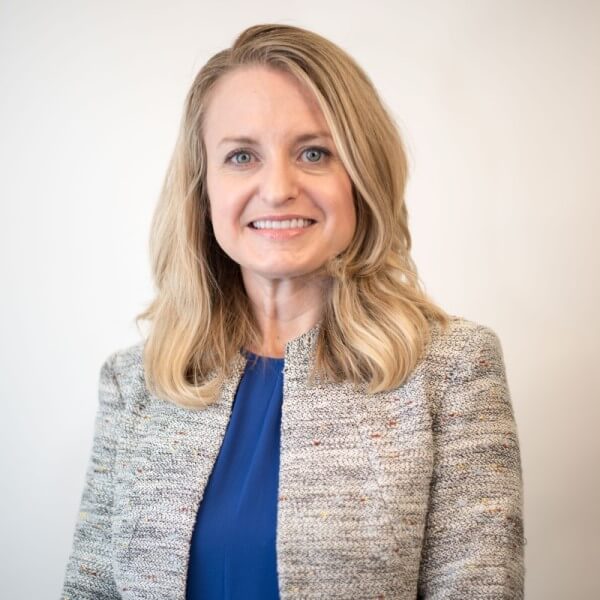
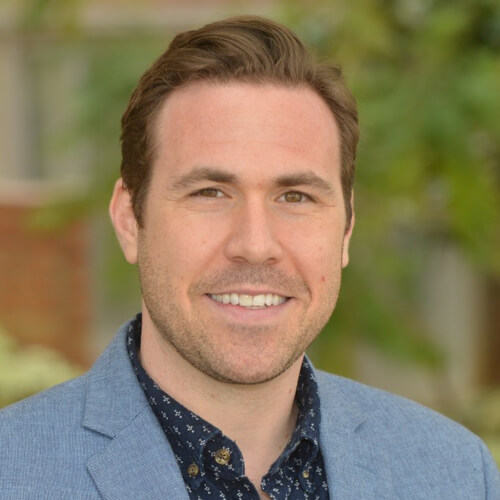
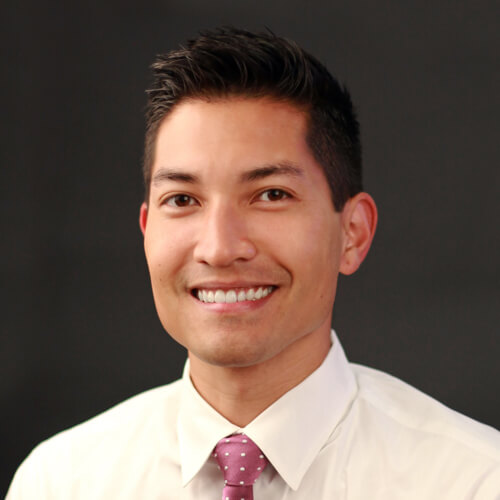
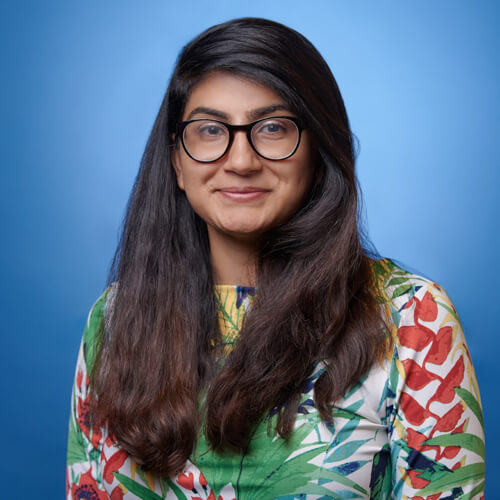

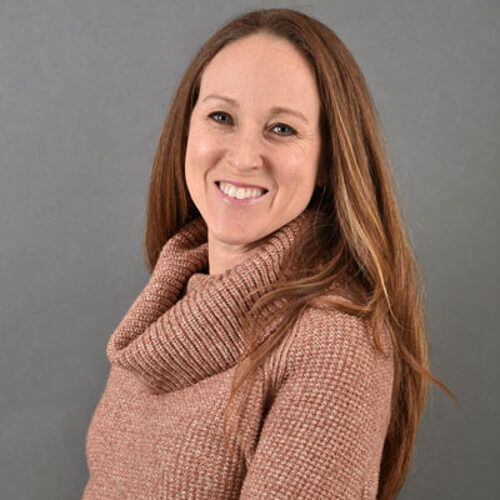

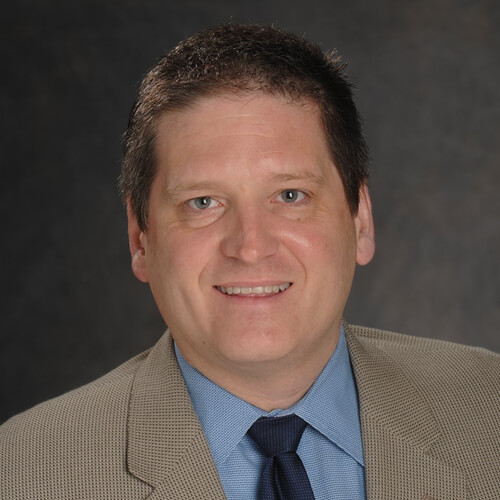
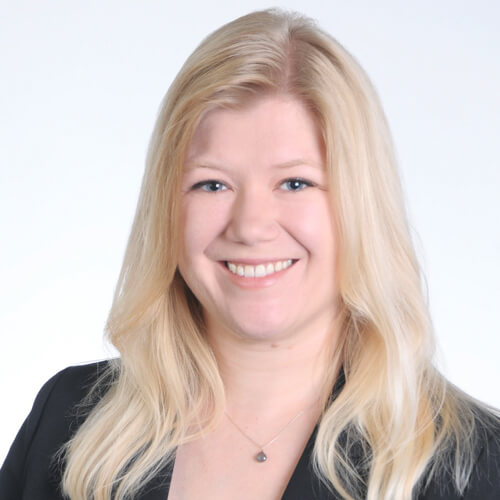

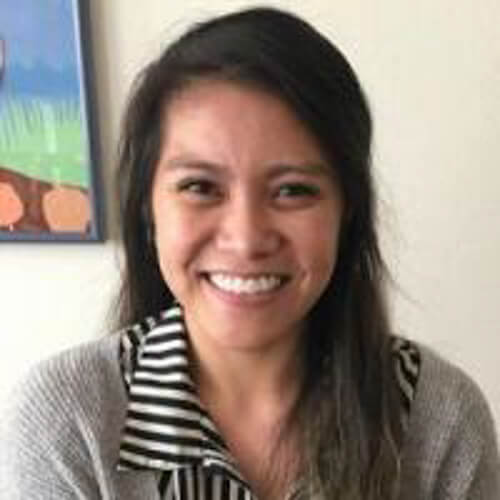
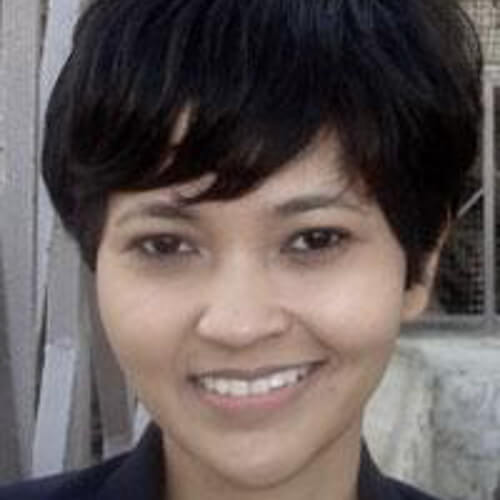

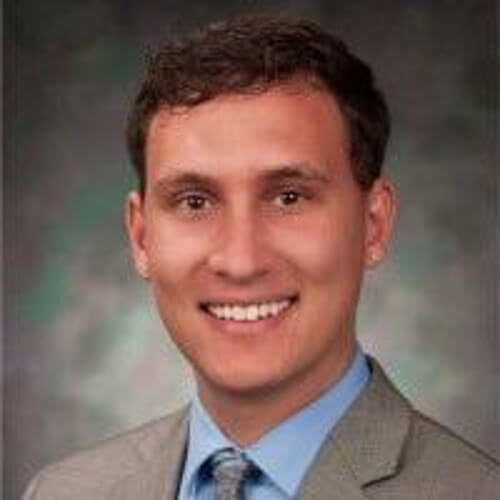



Our team has integrated its research, clinical, and treatment programs to provide a unique, groundbreaking multidisciplinary approach to studying and caring for individuals on the autism spectrum.
Amanda Gulsrud, PhD, Clinical Director